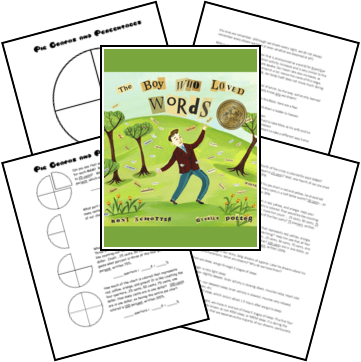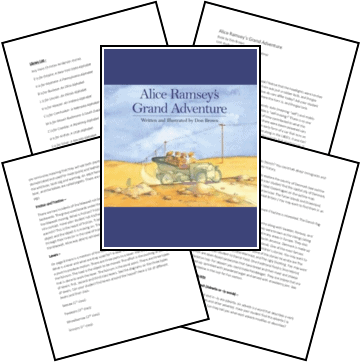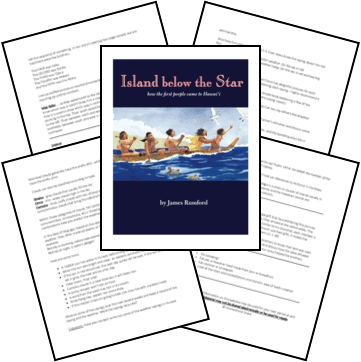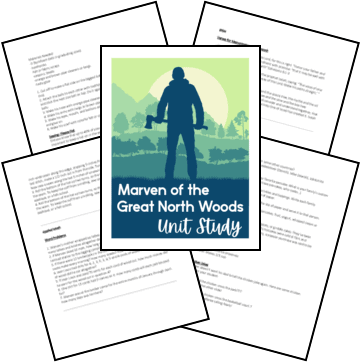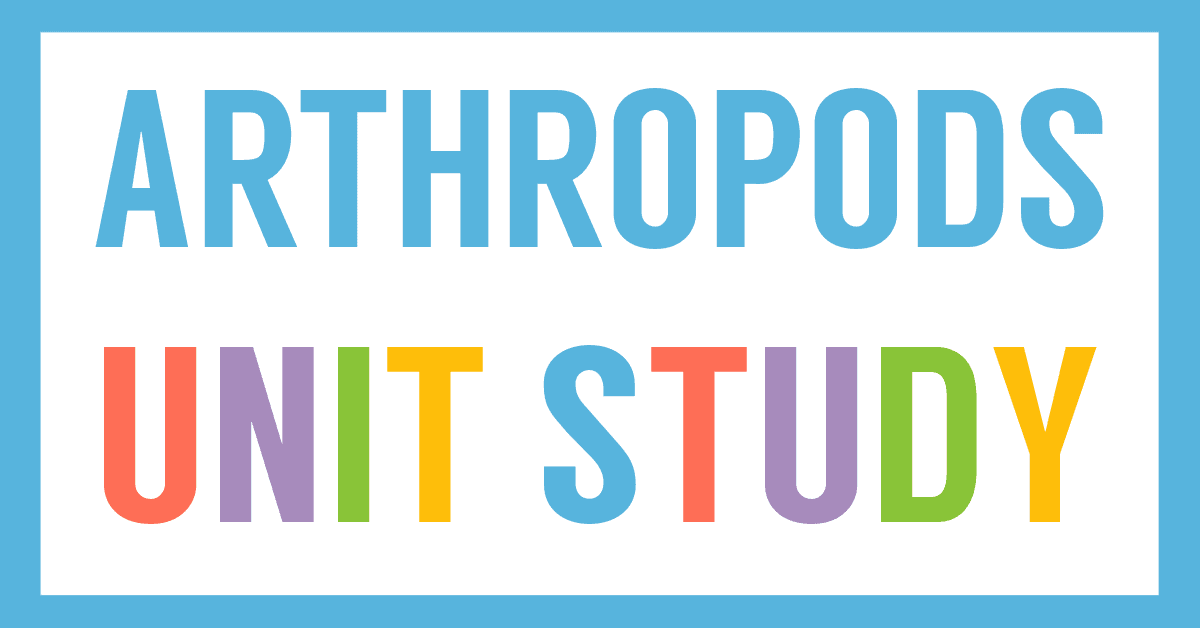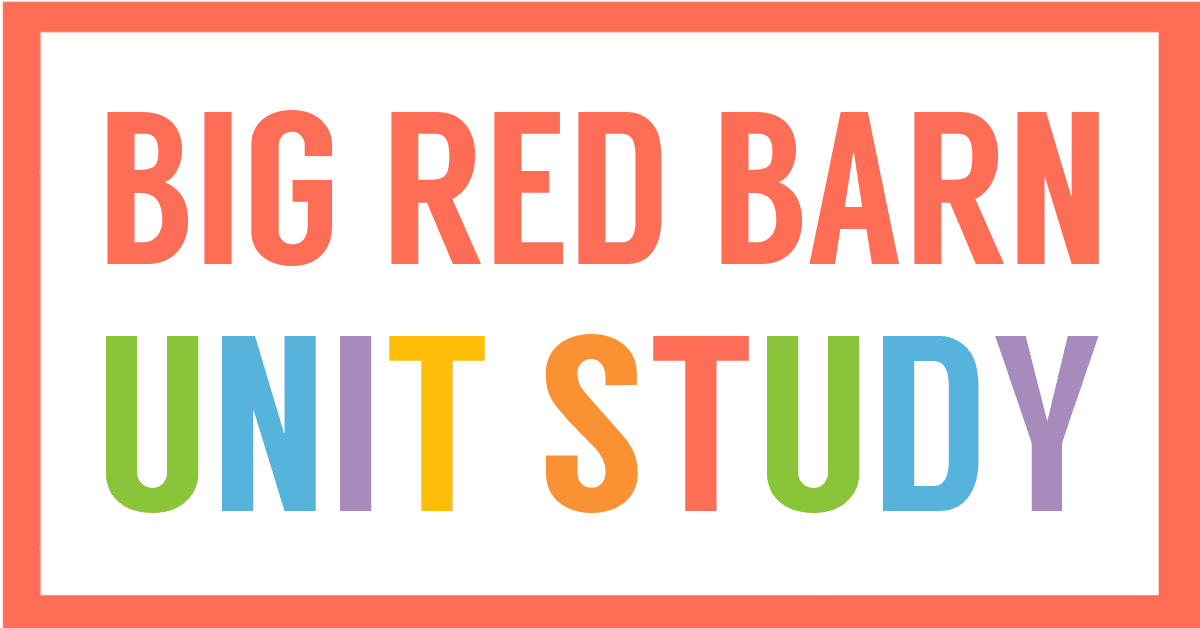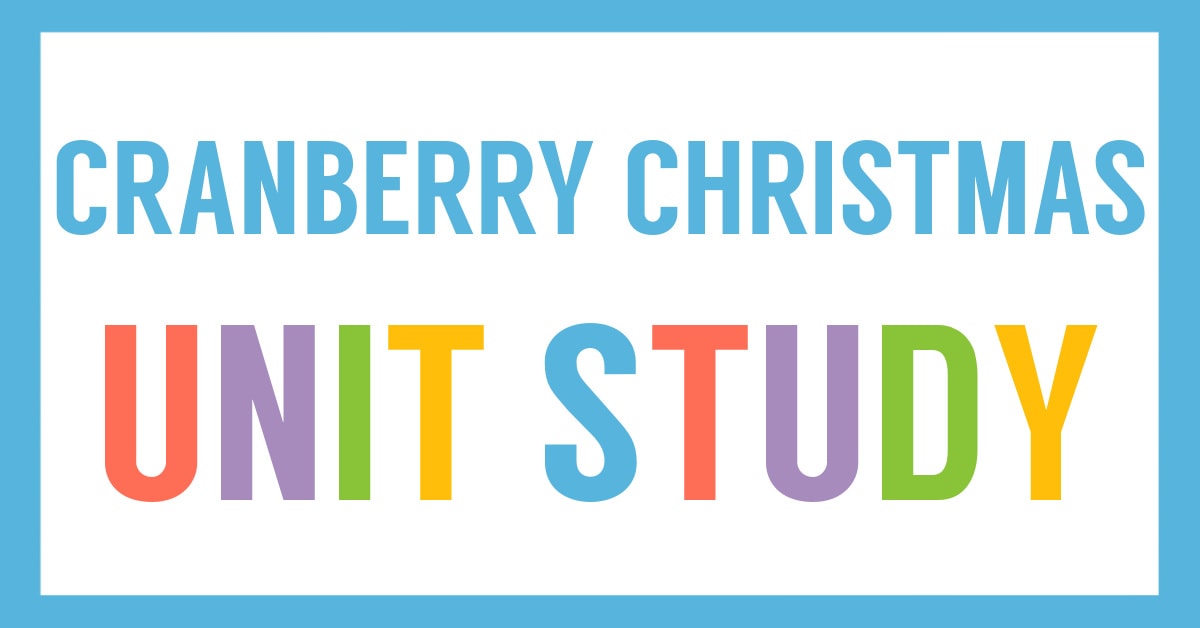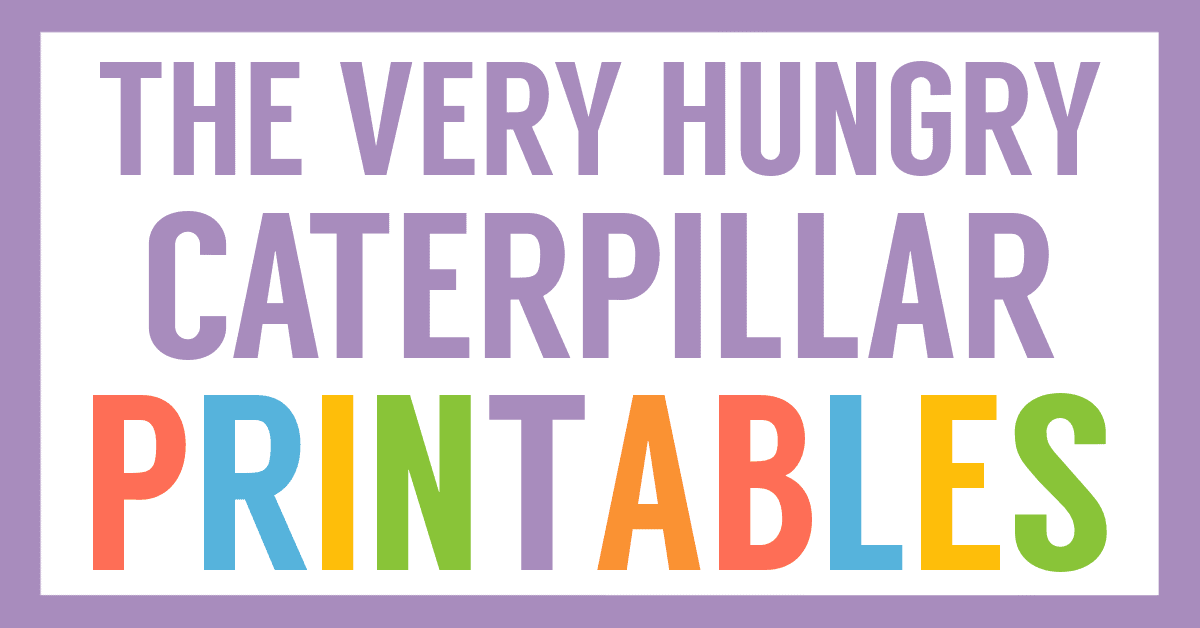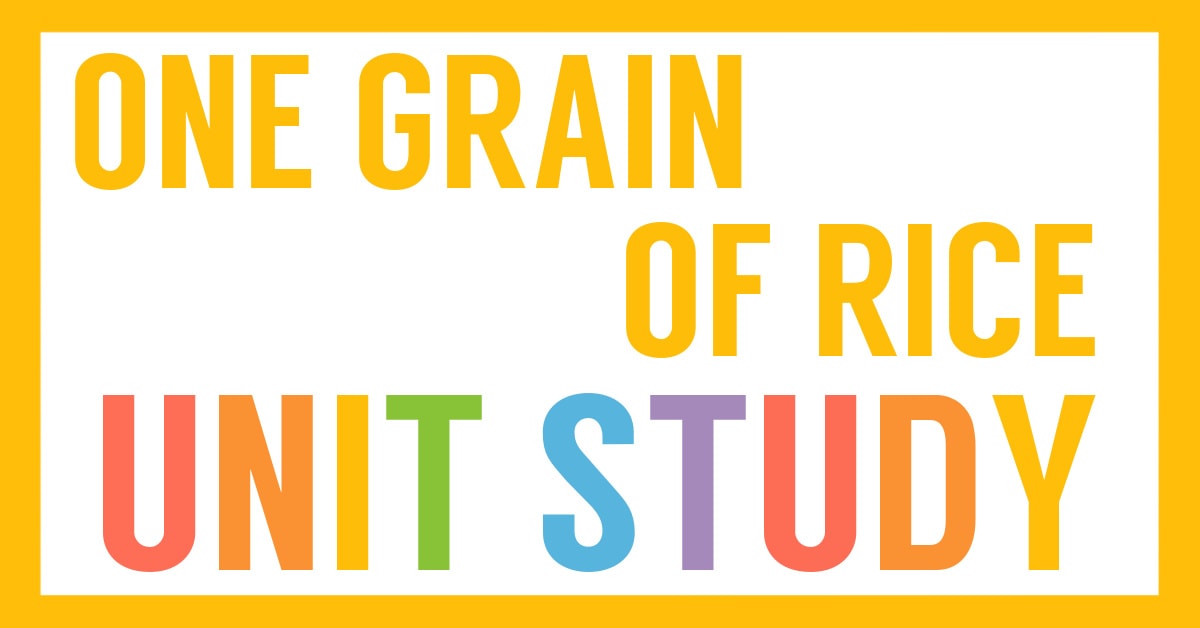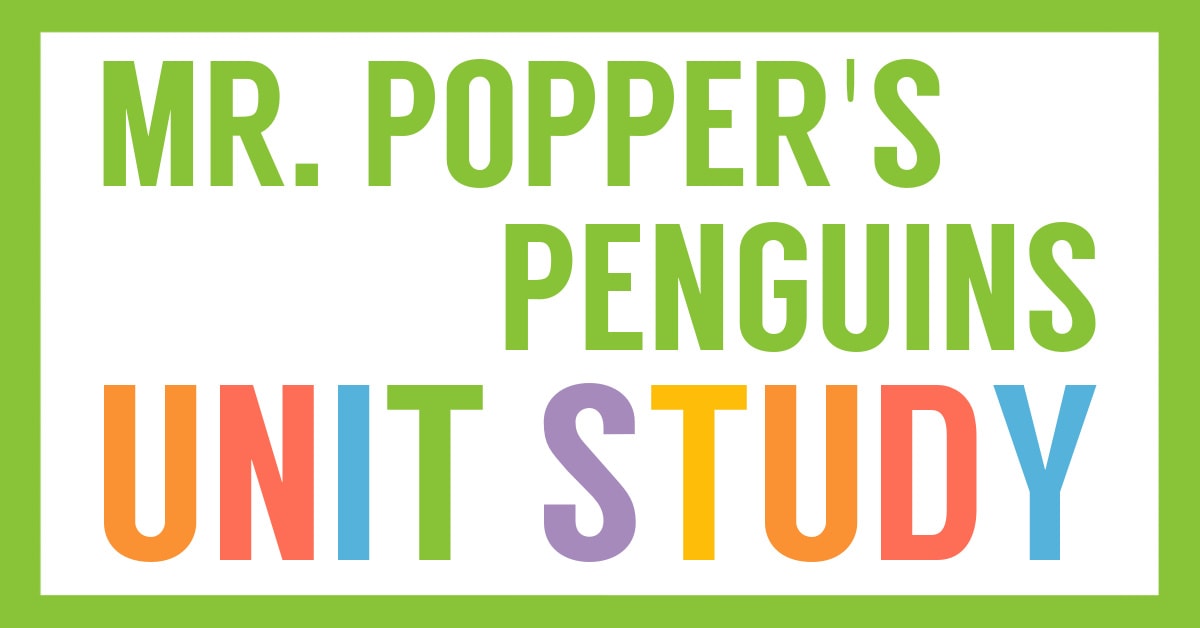Affiliate Disclaimer
We sometimes use affiliate links in our content. This won’t cost you anything, but it helps us to keep the site running. Thanks for your support.
This unit study includes lessons and activities based on the book The Boy Who Loved Words unit study.
Selig collects words, ones that stir his heart (Mama!) and ones that make him laugh (giggle). But what to do with so many luscious words? After helping a poet find the perfect words for his poem (lozenge, lemon, and licorice), he figures it out: His purpose is to spread the word to others. And so he begins to sprinkle, disburse, and broadcast them to people in need.
from the The Boy Who Loved Words summary at amazon.com
This book is perfect for word lovers everywhere! It shows us not only the importance of words, but also the beauty we can find in them. Grab our free The Boy Who Loved Words unit study to explore the variety of lessons this story offers.
Thanks to Celia Hartmann for preparing this The Boy Who Loved Words unit study.
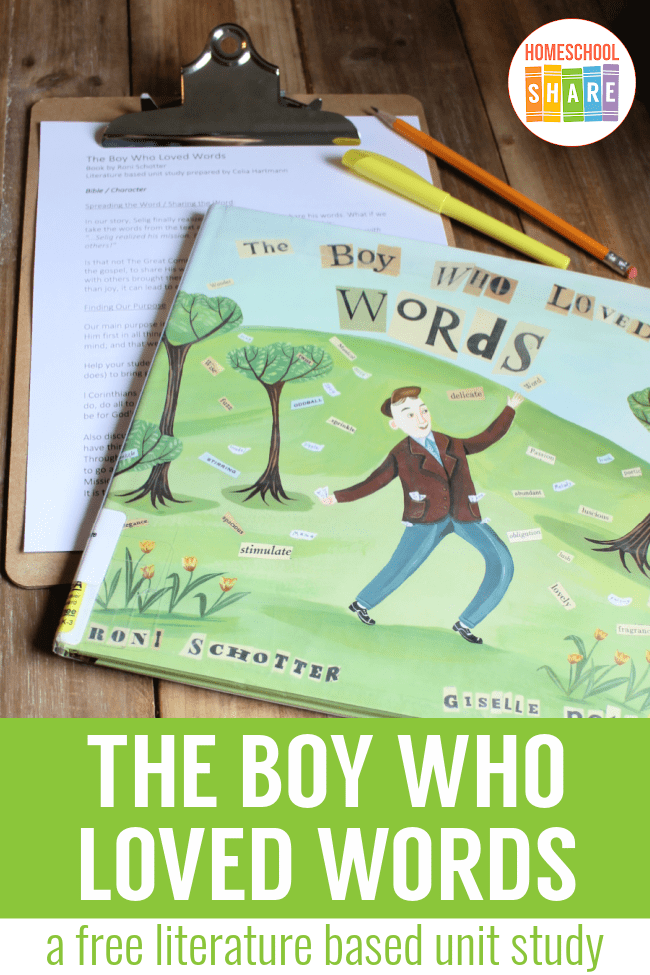
The Boy Who Loved Words Unit Study Lessons
Here is a sample of the lessons found in this The Boy Who Loved Words unit study:
Bible Verse Discussion: Words
Discuss, memorize, or use the verses for copywork this week.
Jeremiah 15:16
Thy words were found, and I did eat them;
and thy word was unto me the joy
and rejoicing of mine heart:
for I am called by thy name,
O LORD God of hosts.
Proverbs 25:11
A word fitly spoken is like apples of gold in pictures of silver.
Proverbs 15:2
The tongue of the wise useth knowledge aright:
but the mouth of fools poureth out foolishness.
Proverbs 15:23
A man hath joy by the answer of his mouth:
and a word spoken in due season, how good is it!
Language Arts: Repetition
Repetition of words creates rhythm in the story along with anticipation. Ask your student if he can remember the phrases that are repeated throughout the story? Upon my word! How lucky we are! After a couple readings, your child will probably anticipate these phrases and you might pause to allow him to interject these phrases into your reading.
Language Arts: Alliteration
A few sentences or phrases within the story contain alliteration, the repetition of the first consonant sound. One example from the story:
Waving her arms in the air, she was a windmill of worry.
Have your student find others within the story, or make up his own. For copywork, have him copy the word alliteration along with the definition, then have him copy his favorite from the story (or one of his own).
Language Arts: Glossary Skills
Explain to your student what a glossary is. A glossary is a list at the back of a book that explains the meanings of difficult or unusual words used in the text. Most picture books do not have a glossary, but because of all the fun (and probably new to the reader) words, the author provided their meanings. Help your student look up any unfamiliar word from the text in the glossary at the back of the book.
Art: Make a Word Tree
Find a thing multi-branched twig and secure in a plastic or clay pot that has been filled with floral foam. (You may wish to use Spanish moss on top of the foam to cover it or just crumple some paper on top.) Provide your student with strips of paper and have him write down a couple of his favorite words (one per strip of paper). Next have him find some new words he likes……have him look through a dictionary, magazine, or encyclopedia.
You may wish to start this tree the first day, so he can add to it throughout the time of your sharing. If you do, here’s an extra language arts and handwriting practice lesson: have him choose two or three words from the tree and have him write one sentence in his best handwriting using those words.
If you use a vocabulary program, also have him include those words on the tree for extra practice of his vocabulary words.
You can grab a copy of the entire The Boy Who Loved Words unit study in an easy-to-print file at the end of this post.
How to Get Started with the The Boy Who Loved Words Unit Study
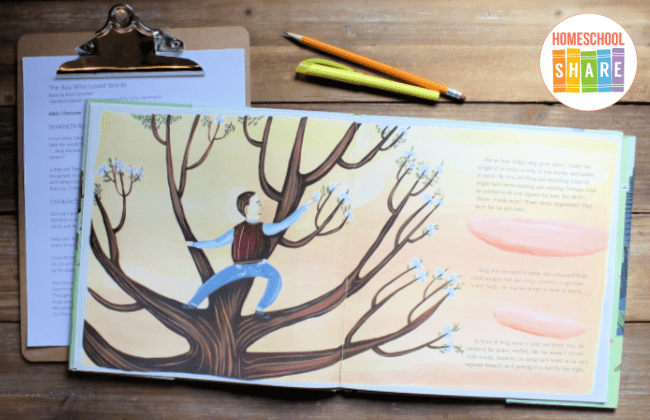
Follow these simple instructions to get started with the The Boy Who Loved Words unit study:
- Buy a copy of the book, The Boy Who Loved Words, or grab one from your local library.
- Print the The Boy Who Loved Words unit study.
- Choose the lessons you want to use with your student (a highlighter works great for this).
- Enjoy a week of literature-based learning with your student.
Download Your The Boy Who Loved Words Unit Study
Simply click on the image below to grab the free The Boy Who Loved Words unit study.

